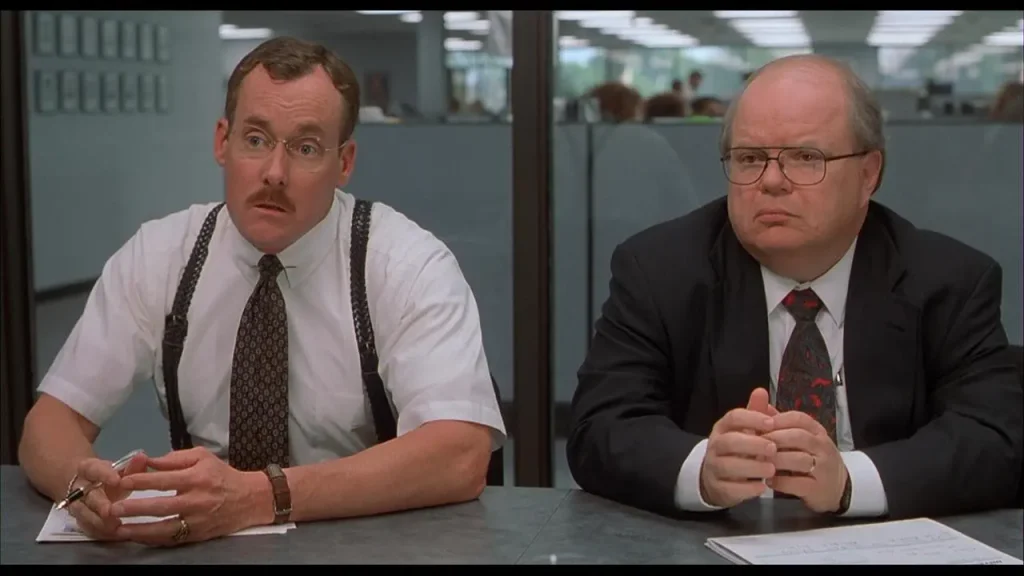
Why interviewing is broken—and how to fix it
“They just seemed like a great fit.”
That sentence should send shivers down your spine—because it’s often the prelude to a costly mis-hire.
If you’re in charge of hiring, chances are you’re not actually hiring the best person for the job. You’re hiring the best interviewer. The most polished. The most rehearsed. The person who knew what you wanted to hear and served it back with a smile.
We’ve designed a hiring process that rewards performance over substance, confidence over competence, and polish over potential. In many ways, we’ve built a system that favors the best liar.
The Interview Is a Stage
Let’s get brutally honest for a second: modern interviewing is theater. It’s a performance. Candidates study your job post, anticipate your questions, prepare scripted responses, and rehearse their delivery.
And you? You’re trained—if at all—to look for a “good feeling,” a sense of “culture fit,” or the elusive quality of someone who “just gets it.”
So what happens? You end up hiring the person who’s best at pretending to be what you’re looking for.
But here’s the thing: performing well in a 45-minute conversation under artificial pressure has very little to do with performing well on the job.
Why the Best People Get Filtered Out
Some of the most capable, principled, hard-working professionals you’ll ever meet are also the worst interviewers.
- They don’t self-promote.
- They’re honest—even when it doesn’t sound impressive.
- They’ll say “I don’t know,” instead of bluffing.
- They don’t play the game.
And yet, these are the people who often don’t make it past the second round—passed over for someone who tells a shinier story.
Let that sink in: your current hiring process may be systemically rejecting integrity.
What the System Rewards
Let’s break it down. Most interviews reward:
- Confidence over competence
- Fluent storytelling over actual impact
- Quick thinking under pressure over thoughtful work under time
And most interviewers reward:
- Familiarity (people like us)
- Charisma (even if it’s hollow)
- Emotional comfort (aka, low risk to your ego)
This isn’t your fault. It’s how the whole system has been taught. But that doesn’t mean we should keep doing it.
Safe Hires Are Not Smart Hires
When we hire for “fit,” we think we’re being safe. But what we’re actually doing is hiring someone who looks like past success. We reward those who mirror our existing team, who think like we do, and who say what we want to hear.
That’s not hiring. That’s cloning.
Great teams aren’t built on comfort. They’re built on complement—skills, backgrounds, ideas, and personalities that challenge and strengthen each other.
How to Fix a Broken Hiring System
If you’re tired of hiring based on performance and ending up with disappointment, here’s how to change things:
1. Stop trusting the interview. Start testing the work.
Give candidates real problems to solve. Not theoretical whiteboard puzzles, but actual challenges they’d face on the job. Watch how they think, not just what they say.
2. Reward honesty, not perfection.
Design questions that invite transparency:
- “What’s something you still struggle with professionally?”
- “Tell me about a project that didn’t go as planned. What did you learn?”
Celebrate candidates who admit mistakes and reflect on them.
3. Ditch the ‘vibe check.’
Culture fit has become a catch-all excuse to reject people who don’t conform. Replace it with culture add—who brings something new, different, and valuable?
4. Structure your interviews.
Unstructured interviews are just bias in disguise. Use a rubric. Ask every candidate the same core questions. Score their answers based on clear criteria.
5. Train your interviewers. Seriously.
Most hiring managers are never taught how to interview. That’s like handing someone a scalpel and calling them a surgeon. Build interviewer training into your process.
The Truth: You Can’t Afford Bad Hires
The cost of a mis-hire isn’t just financial—it’s cultural. When you hire someone who seemed great but isn’t, your team loses trust in leadership. Morale dips. Good people leave. And the cycle repeats.
On the flip side, when you hire people who are real, capable, and unafraid to tell you the truth—even when it’s messy—you build a foundation of trust, growth, and long-term excellence.
TL;DR: The Best People Might Be Terrible Interviewers
If you want to get better at selecting the right candidates, stop obsessing over how well someone interviews. Start looking at how well they’ll actually work.
Hiring should not be about who tells the best story. It should be about who’s ready to do the real work—with skill, honesty, and humility.
Let’s build a hiring process that finds those people.
Leave a Comment